Scientists at King's College London have discovered that keratin, a protein found in hair, skin, and wool, can regenerate tooth enamel and fully stop tooth decay. According to research, toothpaste made from keratin outperforms traditional fluoride in repairing and protecting teeth. The breakthrough could soon replace fluoride as a natural, effective way to rebuild and protect teeth.
The study, published in a recent scientific report, found that keratin forms a mineralized layer on the surface of teeth that halts decay and restores strength. This new approach to oral care has significant implications for dentistry, as it could transform the way teeth are repaired and protected. "We were amazed to find that keratin, a protein naturally present in hair, skin, and wool, can be used to regenerate tooth enamel," said Dr. Emma Taylor, lead researcher on the project. "This sustainable breakthrough could soon replace fluoride as a natural, effective way to rebuild and protect teeth."
The use of keratin in toothpaste or gels could also address the issue of waste management, as keratin is often discarded as a byproduct of haircuts and other industries. "The potential for keratin to be used in toothpaste or gels is vast," said Dr. Taylor. "Not only can it be used to regenerate tooth enamel, but it can also be sourced from sustainable sources, reducing waste and the environmental impact of traditional toothpaste production."
The discovery of keratin's regenerative properties is a significant breakthrough in the field of dentistry. Tooth decay is a major public health issue, affecting millions of people worldwide. Current treatments for tooth decay often involve the use of fluoride, which can have negative side effects in high concentrations. In contrast, keratin has been shown to be a safe and effective alternative.
The researchers at King's College London are currently working on developing a commercially viable toothpaste or gel that can be used to regenerate tooth enamel. They plan to conduct further studies to test the efficacy and safety of keratin-based toothpaste. "We are excited about the potential of keratin to revolutionize the way we care for our teeth," said Dr. Taylor. "We look forward to continuing our research and bringing this breakthrough to the public."
The use of keratin in toothpaste or gels could have significant implications for society, particularly in terms of waste management and public health. As the world's population continues to grow, the demand for sustainable and effective solutions to public health issues will only increase. The discovery of keratin's regenerative properties is a significant step towards addressing these challenges.
In conclusion, the discovery of keratin's regenerative properties has the potential to revolutionize the way we care for our teeth. With its natural, effective, and sustainable properties, keratin-based toothpaste or gels could soon become a staple in oral care. As researchers continue to study and develop this breakthrough, we can expect to see significant improvements in public health and a reduction in waste management issues.




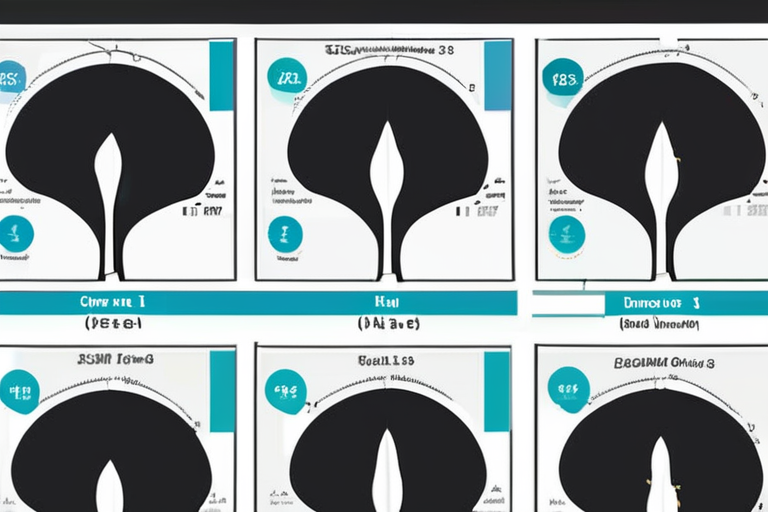

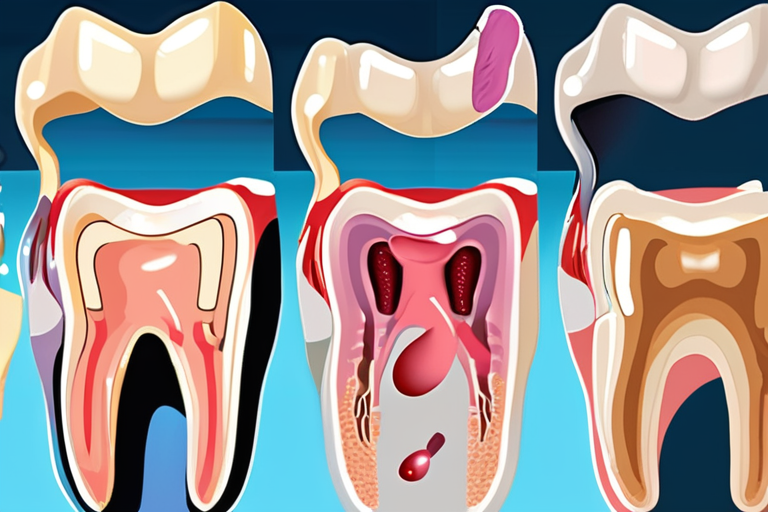



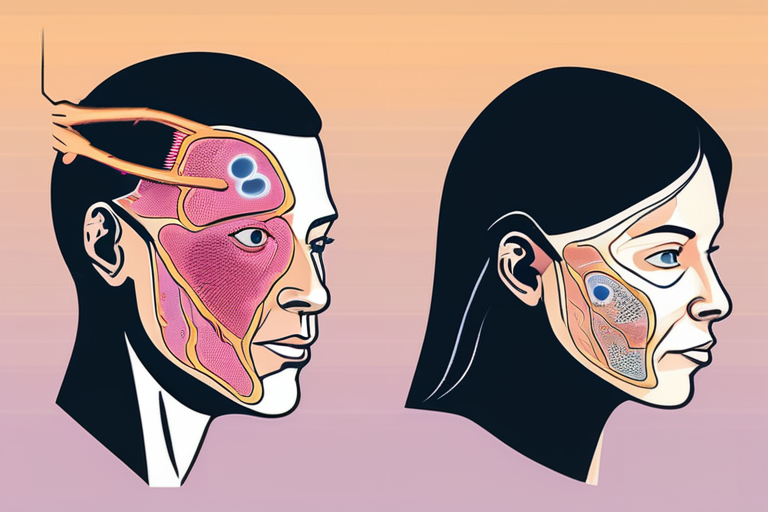
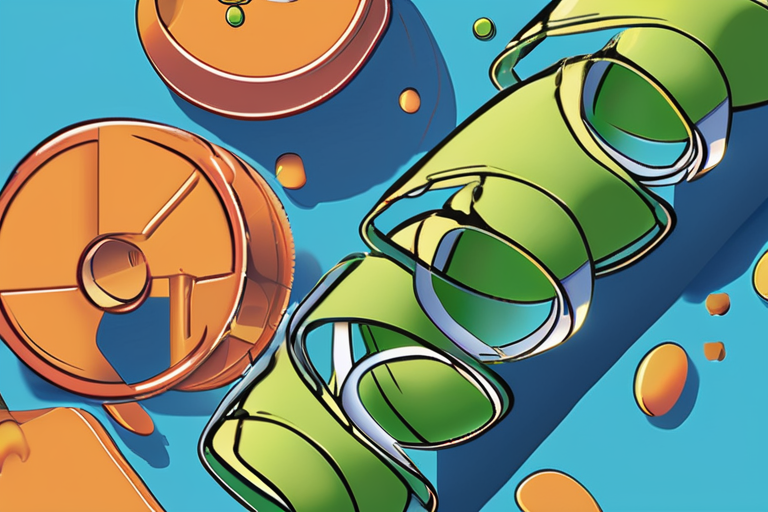




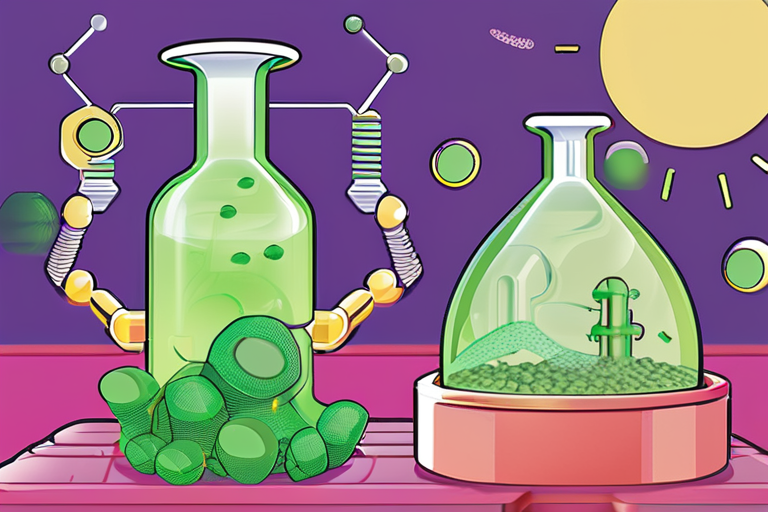



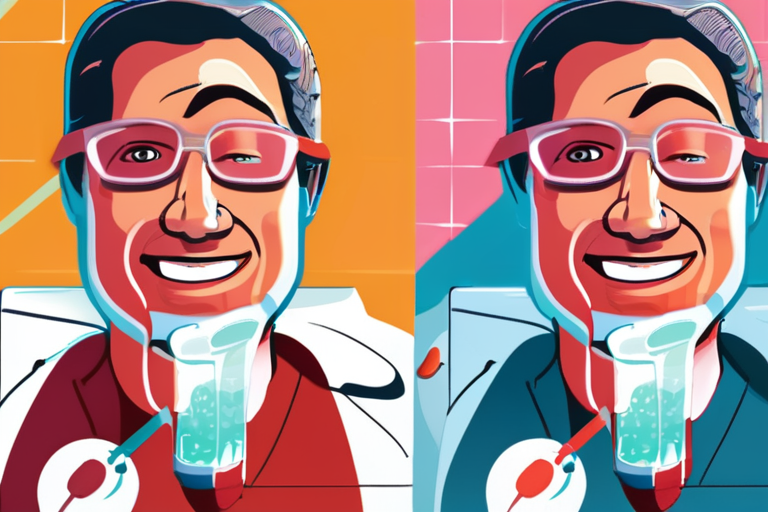

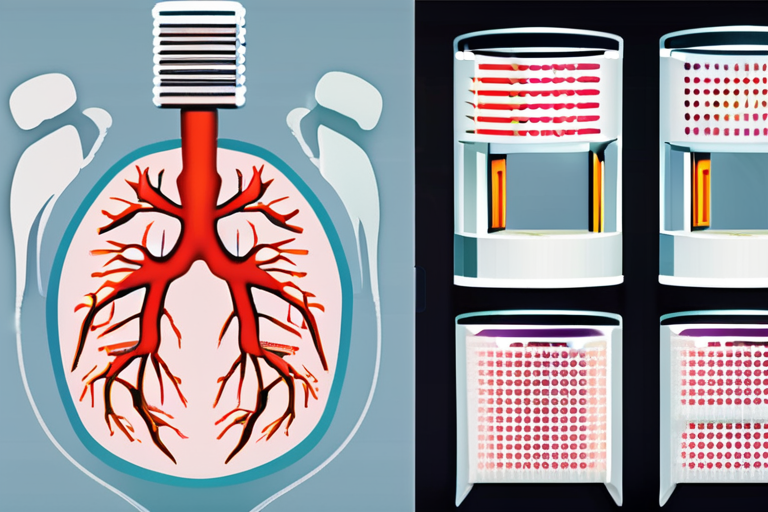




Share & Engage Share
Share this article